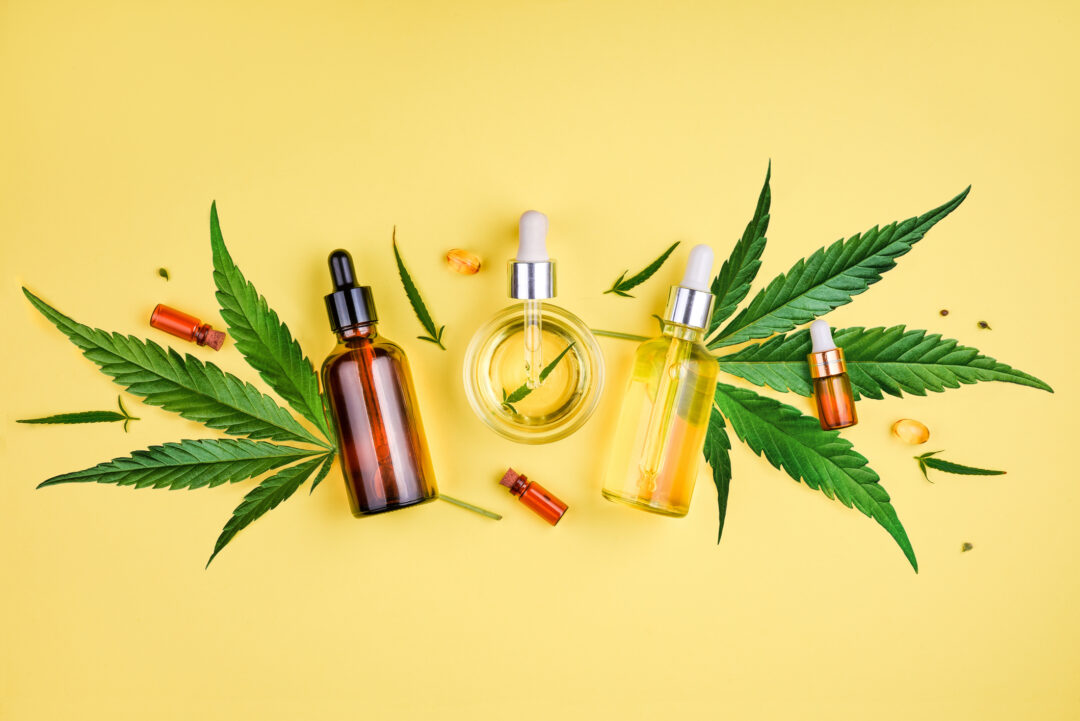In November, according to the article, The Post (which is owned by Amazon founder and chief executive Jeff Bezos) had 13 products that were purchased from Amazon analyzed by Evio Labs. The finding: 11 of the 13 contained CBD, and one product had a small amount of tetrahydrocannabinol (THC).
Greene noted that while none of the product listings mentioned CBD in their descriptions, "consumers could find them by knowing which products contain CBD already—by checking reviews, social media or other websites that did their own testing." Some of the products were removed by Amazon after being contacted by the newspaper—but some products still remained on the site (as of December 19 article), as Amazon said it was investigating with each of the sellers.
The Post quoted Amazon spokesman Patrick Graham: “Bad actors who attempt to undermine our store do not reflect the flourishing community of honest entrepreneurs that make up the vast majority of our seller community. We move swiftly to hold bad actors accountable by removing selling privileges, withholding funds, and pursuing civil and criminal penalties.”
WholeFoodsMagazine has previously reported on the availability of products that contain CBD on Amazon.Scott Steinford, Founder ofTrust Transparency Center(TTC), covered the topic in hisTracking Transparencycolumn inApril 2019, and again in May. In an article titled CBD--When it stands for Cannot Be Denied Steinford reported, "The CBD and hemp conversation is extremely confusing right now, and perhaps nowhere more so than in a dialogue with e-tailing giant Amazon. Amazon has taken an apparently clear position regarding CBD. Inconsistently with that position though, CBD might not be in the name, but it might be in the product. Amazon has stated no products are allowed to contain 'CBD'...However, it is recognized that some Hemp Oil products or even more likely, 'Full Spectrum Hemp Oil' may be, in actuality, CBD oil. Conducting a search for 'Hemp Oil Supplement' currently results in over 600 items ranging from books to capsules."
In October,Organic & Natural Health Association(O&N)announcedthat they had sent Amazon best-seller New Age Premium Hemp Oil to Alkemist Labs for CBD testing and found that the product contained 1% CBD. “It’s really important for customers to know that because Amazon doesn’t allow the sale of products with CBD, there are no reputable companies selling CBD on their site,” said Karen Howard, CEO and Executive Director of O&N. “Amazon allows companies to tag products with whatever words they choose, and they also allow companies to purchase CBD ads. This is what populates so-called CBD products on Amazon when consumers search for them, but it’s very misleading. Amazon is not a retailer you should be making CBD purchases from, and if you do, then you are likely overpaying for low-quality supplements.” Fore more, read O&N:Amazon Sells CBD Products, In Spite of No-CBD Policy.
Related: On the horizon: 2020 Forecast (expert insights on the CBD market) Phytocannabinoids: 25 Things to Know Now Nielsen Releases 2020 Forecast for Hemp-CBD and CPG Industries
In response to The Post article, which can be read in fullhere, Organic & Natural Association tweeted:@amazon responds to @OrgNatHealth Oct. 15 investigation into its fraudulent #CBD sales through their own media outlet @washingtonpost Blaming "bad actors" Can’t they just take responsibility for their own search engine and stop selling CBD ads?









